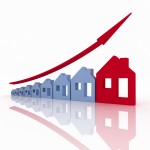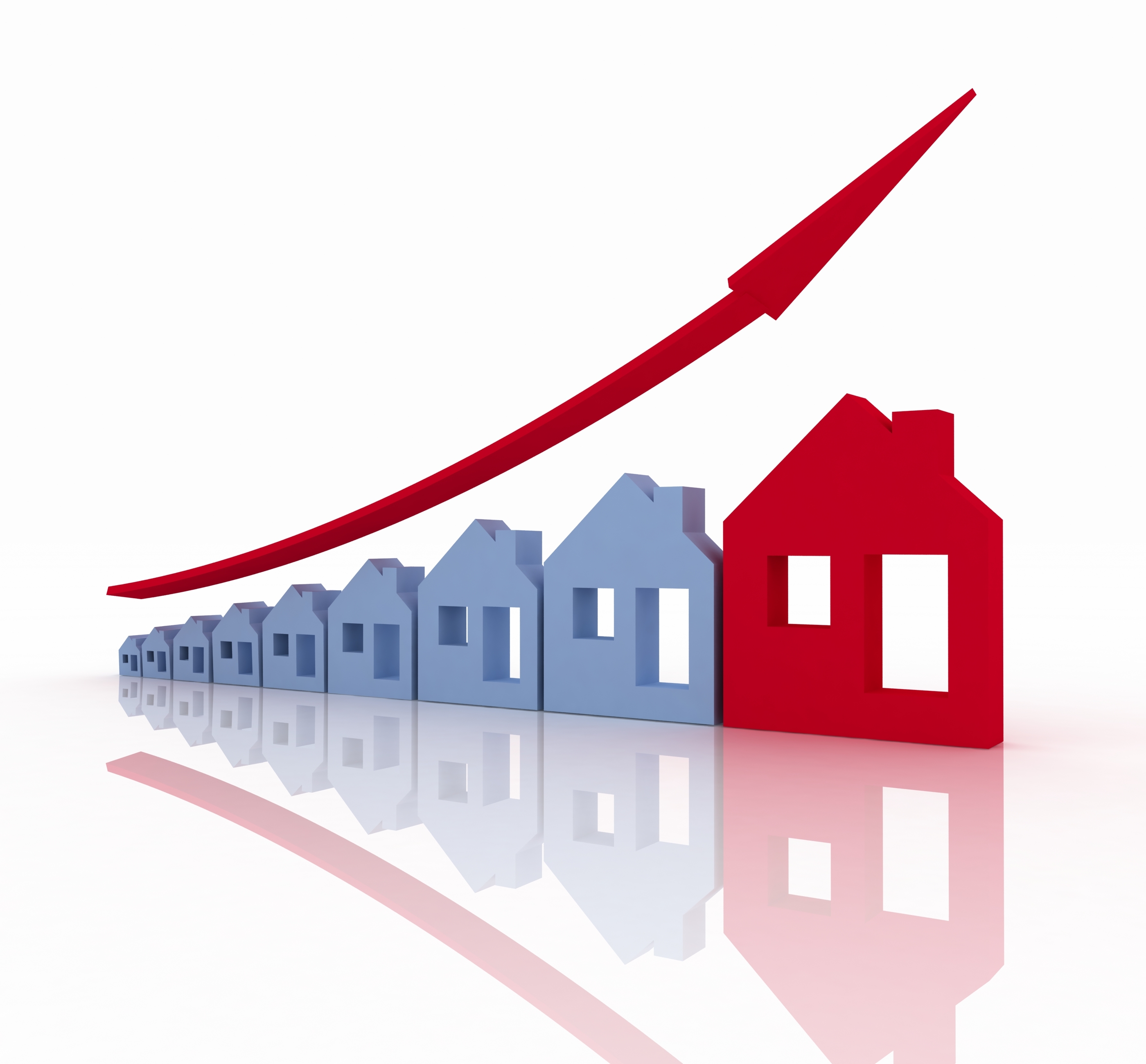 Despite house prices rising for the fourth successive month in December, growth is expected to slow in 2017 as a decline in the economy and a squeeze on spending power start to bite.
Despite house prices rising for the fourth successive month in December, growth is expected to slow in 2017 as a decline in the economy and a squeeze on spending power start to bite.
House prices rose by 1.7% last month, supported by the shortage of new properties on the market and low interest rates. This took the average price of a property up to £222,484.
According to the latest Halifax House Price Index, annual house price growth was 6.5%, up from 6.0% in November.
Halifax said that it expects annual house price growth to slow between 1-4% by the end of the year.
Martin Ellis, Halifax housing economist, said: “Slower economic growth, pressure on employment and a squeeze on spending power, together with affordability constraints, are expected to reduce housing demand during 2017. UK house prices should, however, continue to be supported by an ongoing shortage of property for sale, low levels of housebuilding, and exceptionally low interest rates.
“Overall, annual house price growth nationally is most likely expected to slow to 1-4% by the end of 2017. The relatively wide range for the forecast reflects the higher than normal degree of uncertainty regarding the prospects for the UK economy this year.”
Howard Archer, chief economist at IHS Global Insight, said: “With housing market activity up from its August lows and the economy currently resilient, house prices look likely to rise modestly in the near term.
“However, we suspect that housing market activity and prices will come under increasing pressure as 2017 progresses.”
Jeremy Leaf, north London estate agent and a former RICS residential chairman, said: “The Halifax figures reflect a combination between the shortage of new and existing housing stock and a slight upturn in confidence at the end of the year as buyers try to take advantage of very low interest rates.
“However, most of the confidence seems to be found outside the M25 rather than in it, where oversupply and stamp duty on higher-priced properties is more relevant. Since returning to work in 2017 we have noticed a constructive realism among buyers and sellers keen to get on with their business irrespective of political and economic uncertainty.”
Recent research by Halifax found that Luton has recorded the biggest percentage rise in house prices among major UK towns and cities over the past year.
The average house price in the Bedfordshire town was 19.4% higher than in the previous year, increasing from £214,934 to £256,636 in 2016. Luton is within easy commuting distance of London and has relatively low property prices.
The outer London borough of Barking and Dagenham experienced the second biggest rise in average house prices with an increase of 18.6%. Dunstable – Luton’s near neighbour – completed the top three with a 17.9% rise.




